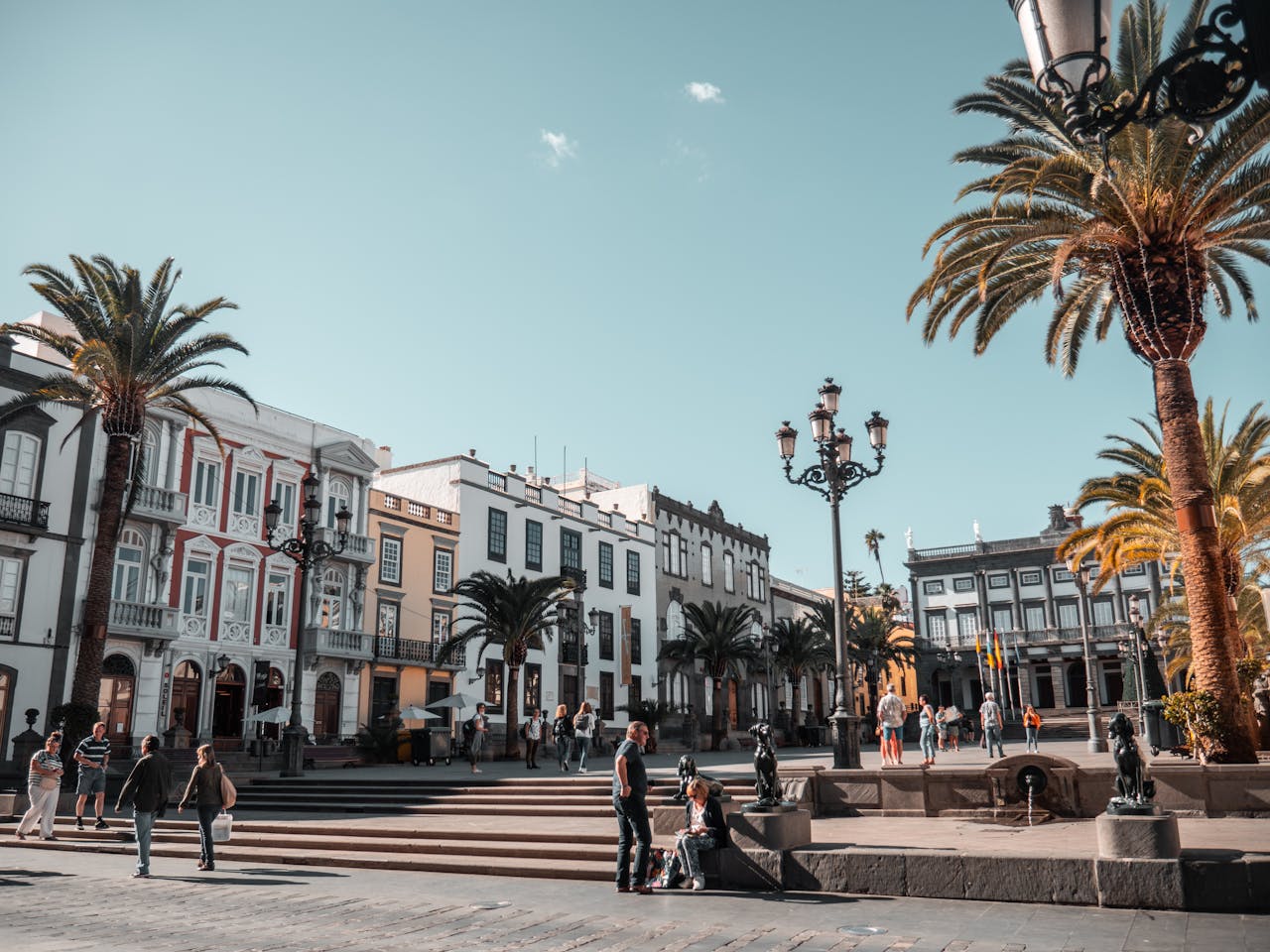One of the most overlooked yet critical aspects of any immigration application is proving that you have enough financial resources. Whether you’re applying for a tourist visa, a student permit, family sponsorship, or permanent residency, nearly every immigration program requires some demonstration of financial stability. And yet, the exact amounts, formats, and documentation rules vary dramatically from country to country.
Failing to meet these financial requirements—or simply misunderstanding how to present them—can lead to delays, refusals, or even bans. This guide breaks down what “proof of funds” really means, how much is typically required, and what documents are acceptable across the most popular immigration destinations, including the United States.
United States
Financial criteria for U.S. immigration vary based on the visa type. Here’s what you need to know:
- Tourist Visas (B-2): No fixed amount, but you must show you can fund your trip and return. Consulates typically look for recent bank statements, employment letters, and property ownership.
- Student Visas (F-1): You must prove you can cover tuition and living expenses for at least the first year. I-20 forms from schools list the minimum required amount. Supporting documents may include:
- Personal bank statements
- Sponsor affidavits (Form I-134)
- Proof of scholarship or loans
- Green Card Sponsorship (Family): The sponsor must submit an I-864 Affidavit of Support showing income at or above 125% of the Federal Poverty Guidelines. For 2024, this means $24,650 for a household of two.
- Work Visas (H-1B, L-1): No personal financial requirement, but the employer must demonstrate ability to pay the offered wage.
Canada
For Canada, financial proof depends on your immigration stream:
- Express Entry (FSW, CEC): Applicants without a Canadian job offer must show proof of settlement funds. In 2024, this means:
- 1 person: CAD 13,757
- 2 people: CAD 17,127
- Add ~CAD 3,500 for each additional family member
- Student Visas: You must show ability to pay:
- First year of tuition
- CAD 10,000 (or CAD 11,000 for Quebec) for living expenses
- Additional funds for family members
- Spousal Sponsorship: No minimum income required unless dependent children are being sponsored
Acceptable documents include official bank statements from the past 6 months, investment account summaries, and fixed deposit certificates.
United Kingdom
The UK uses strict financial thresholds for visa categories:
- Skilled Worker Visa: No personal funds required if your employer is an approved sponsor. Otherwise, you must show:
- GBP 1,270 in your bank account for 28 consecutive days
- Student Visa:
- Tuition + GBP 1,334/month (London) or GBP 1,023/month (outside London) for up to 9 months
- Family/Partner Visa: The UK citizen or resident must show an annual income of at least GBP 18,600, plus additional amounts for children
Evidence can include pay slips, tax documents, and bank statements. Documents must be recent, official, and clearly linked to the applicant or sponsor.
Australia
Australia requires evidence of financial capacity for student and family visas:
- Student Visas (subclass 500): Must show AUD 24,505/year for living costs plus tuition and travel
- Partner Visa: No strict financial threshold, but character and financial responsibility are evaluated
Bank statements, employment contracts, tax returns, and proof of access to funds (e.g., parental support letters) are common.
Germany
- Student Visas: Must demonstrate access to ~€11,208/year (2024), often via a blocked bank account (Sperrkonto)
- Job Seeker Visas: Show sufficient means to support yourself for 6 months, around €5,500–€6,000
- Family Reunification: Sponsor must prove income sufficient to cover living costs without relying on public benefits
Make sure all amounts are documented with official letters, bank balances, or tax records, and that translations are notarized.
Portugal
- D7 Passive Income Visa: Monthly income requirement of at least Portuguese minimum wage (~€820 in 2024)
- Golden Visa: Requires real estate or investment thresholds (starting at €250,000 depending on region and purpose)
- Family Reunification: Sponsor must show income and housing sufficient to support dependents
Applicants must provide proof of pension income, rental income, or bank account holdings in Portugal.
Thailand
- Retirement Visa (Non-Immigrant O-A): Must be 50+ and show:
- THB 800,000 in a Thai bank account (approx. USD 23,000), or
- Monthly income of THB 65,000
Funds must be held in account for 2+ months before application and be well-documented with bank letters and passbooks.
Acceptable Forms of Financial Proof (Across All Countries)
- Official bank statements (past 3–6 months)
- Fixed deposits or investment account summaries
- Scholarship or grant letters
- Employment contracts and salary slips
- Tax returns or assessment notices
- Affidavits of financial support (where applicable)
- Property deeds or rental income proof
Red Flags That Could Lead to Rejection
- Large unexplained deposits
- Handwritten or altered documents
- Bank letters from non-recognized institutions
- Inconsistent information across forms
- Submitting outdated or expired statements
Tips for Success
- Show history, not just balance: Immigration officers want to see that your money is stable, not borrowed for appearance.
- Match your visa type: Don’t use a family member’s bank account unless that person is also your sponsor.
- Use original or certified copies: Photocopies or screenshots are rarely accepted unless notarized.
- Keep translations official: Any document not in English should be translated by an accredited translator.
Proving financial eligibility is one of the least glamorous yet most crucial steps in the immigration process. The required amount isn’t always about having wealth—it’s about demonstrating financial planning and responsibility.
Start preparing your financial documents well in advance of your application date. Understand the specific requirements of your destination country and visa type. When in doubt, consult with a licensed immigration advisor. Your ability to prove funds is not just a bureaucratic checkbox—it’s often the first sign to immigration officers that you’re ready to thrive abroad.


